Drawer Of The Cheque
Drawer Of The Cheque - There are a number of reasons why a bank might refuse to. A typical example of a drawee involves cashing a paycheck. The drawer or the bank? These include the drawer and the drawee. Web a dishonoured cheque (also spelled check) is a cheque that the bank on which it is drawn declines to pay (“honour”). It is vital for the drawer to understand these obligations to avoid. Drawee is a legal and banking term used to describe the party that has been directed by a depositor to pay a certain sum of money to the person presenting a check or draft written by the depositor. Generally, there are two parties to a cheque. Web a check is a written, dated, and signed instrument that directs a bank to pay a specific sum of money to the bearer or a designated beneficiary. Web the scc considers who bears the risk of a fraudulent cheque: Web the person writing the cheque, known as the drawer, instructs the bank to transfer a certain amount of money to the payee, the person receiving the money. Drawee is a legal and banking term used to describe the party that has been directed by a depositor to pay a certain sum of money to the person presenting a check. Web the person writing the cheque is known as drawer and has a bank account from where the money is debited to pay to the person, the person who is receiving the money is known. The person thereby directed to pay is called the “drawee”. Web the person issuing the cheque on a current or cheque account is the drawer,. Generally, there are two parties to a cheque. Web the person writing the cheque is known as drawer and has a bank account from where the money is debited to pay to the person, the person who is receiving the money is known. A bearer cheque is the type of cheque that allows the person bearing or carrying the cheque. The maker or issuer of the cheque. Web amount of your check: An example of this is when you cash a check. Web the drawee is the entity or person to whom a bill is addressed and is given instructions to pay. A typical example of a drawee involves cashing a paycheck. The drawee is the entity, usually a financial institution, responsible for honoring the. An example of this is when you cash a check. There are a number of reasons why a bank might refuse to. A space for any notes about the purpose of the check. These include the drawer and the drawee. The bank that cashes your check is the drawee, the. The person thereby directed to pay is called the “drawee”. The maker of a bill of exchange or cheque is called the “drawer”; Web the scc considers who bears the risk of a fraudulent cheque: It is vital for the drawer to understand these obligations to avoid. The person thereby directed to pay is called the “drawee”. A bearer cheque is the type of cheque that allows the person bearing or carrying the cheque to the bank to receive the payment specified on the cheque. Web amount of your check: Web a check is a written, dated, and signed instrument that directs a bank to pay a. The drawer or the bank? The bank on which the cheque is. Drawee is a legal and banking term used to describe the party that has been directed by a depositor to pay a certain sum of money to the person presenting a check or draft written by the depositor. Web the person issuing the cheque on a current or. A cheque is a bill of exchange, drawn on a specified banker and it includes ‘the electronic image of. The drawee is the entity, usually a financial institution, responsible for honoring the. Web amount of your check: The bank on which the cheque is. The bank where the drawer holds an account and from. A drawee refers to the person or organization that accepts and pays a certain sum of money to a payee. Drawee is a legal and banking term used to describe the party that has been directed by a depositor to pay a certain sum of money to the person presenting a check or draft written by the depositor. The person. The bank on which the cheque is. Drawee is a legal and banking term used to describe the party that has been directed by a depositor to pay a certain sum of money to the person presenting a check or draft written by the depositor. The maker of a bill of exchange or cheque is called the “drawer”; The maker or issuer of the cheque. This is written out in a section using words instead of numbers. Web the person writing the cheque is known as drawer and has a bank account from where the money is debited to pay to the person, the person who is receiving the money is known. A typical example of a drawee involves cashing a paycheck. A cheque is a bill of exchange, drawn on a specified banker and it includes ‘the electronic image of. The person thereby directed to pay is called the “drawee”. Web the drawer of a cheque has significant responsibilities and liabilities, especially in the event of a dishonor. Web basically, there are three parties to a cheque: An example of this is when you cash a check. A drawee refers to the person or organization that accepts and pays a certain sum of money to a payee. The person who draws the cheque, i.e. There are a number of reasons why a bank might refuse to. The drawee typically acts as a go.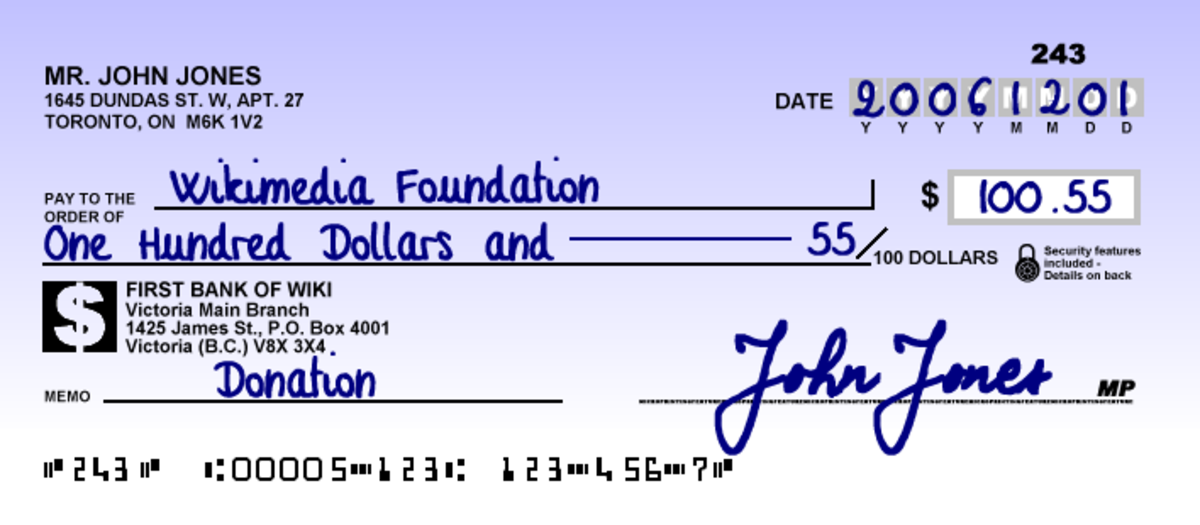
How to Write a Check Cheque Writing 101 HubPages
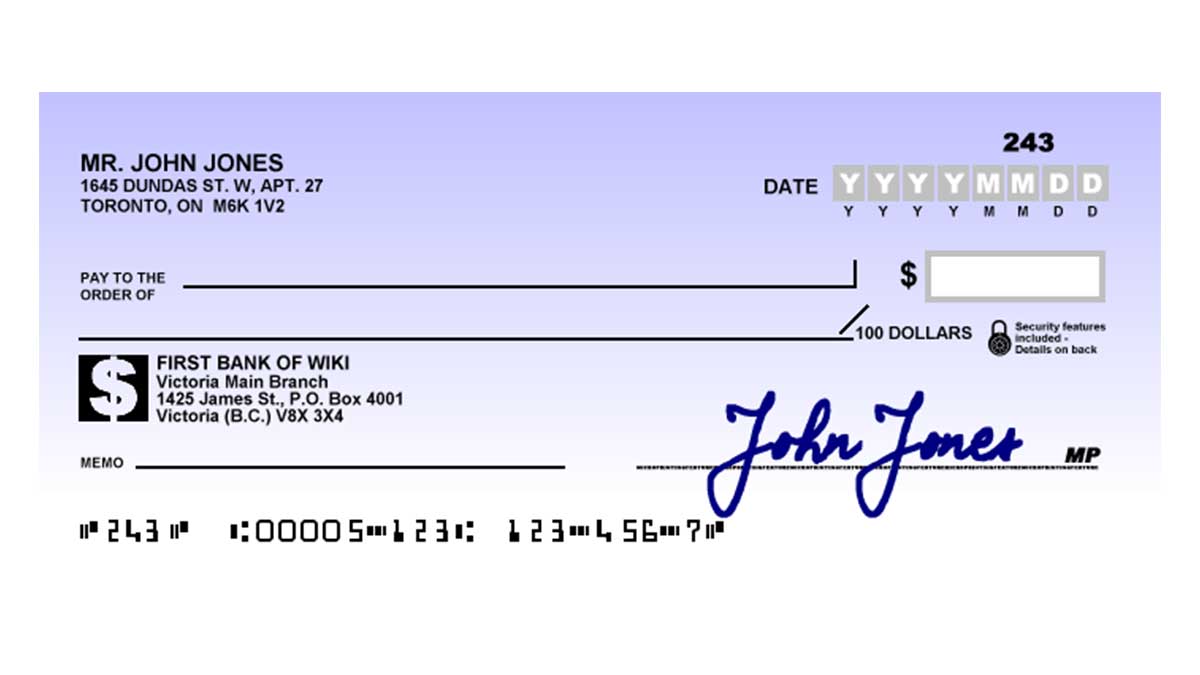
Cheque what is it? Paiementor

10 Essential elements characteristics of cheque by Techy Khushi Medium

Cheques
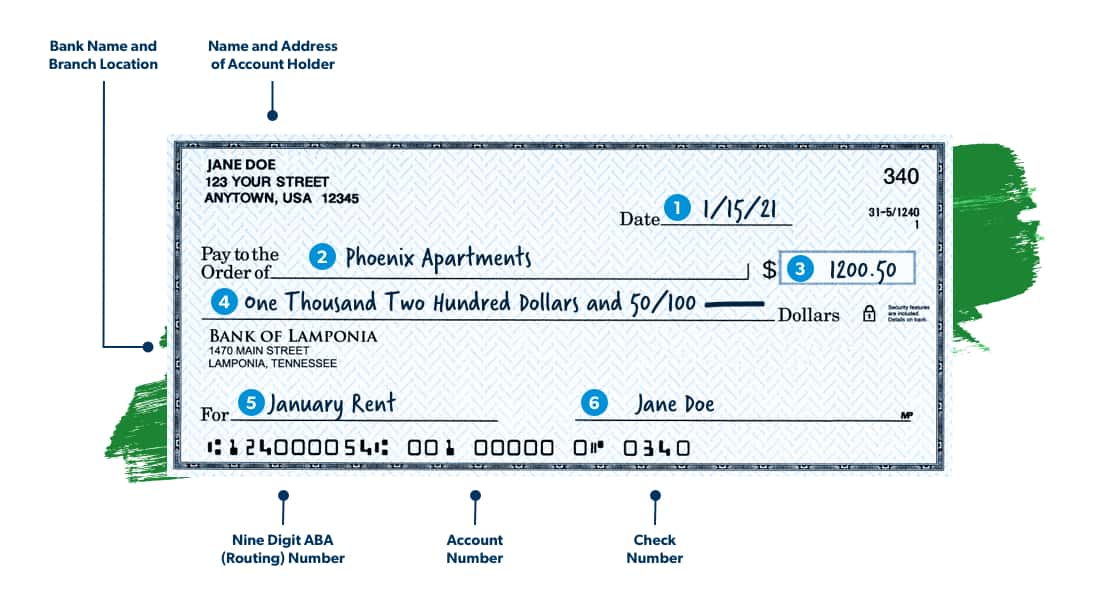
Detailed Guide On How To Write A Check
Design 40 of Who Is The Drawer Of A Bank Cheque valleyinspectionspestinc
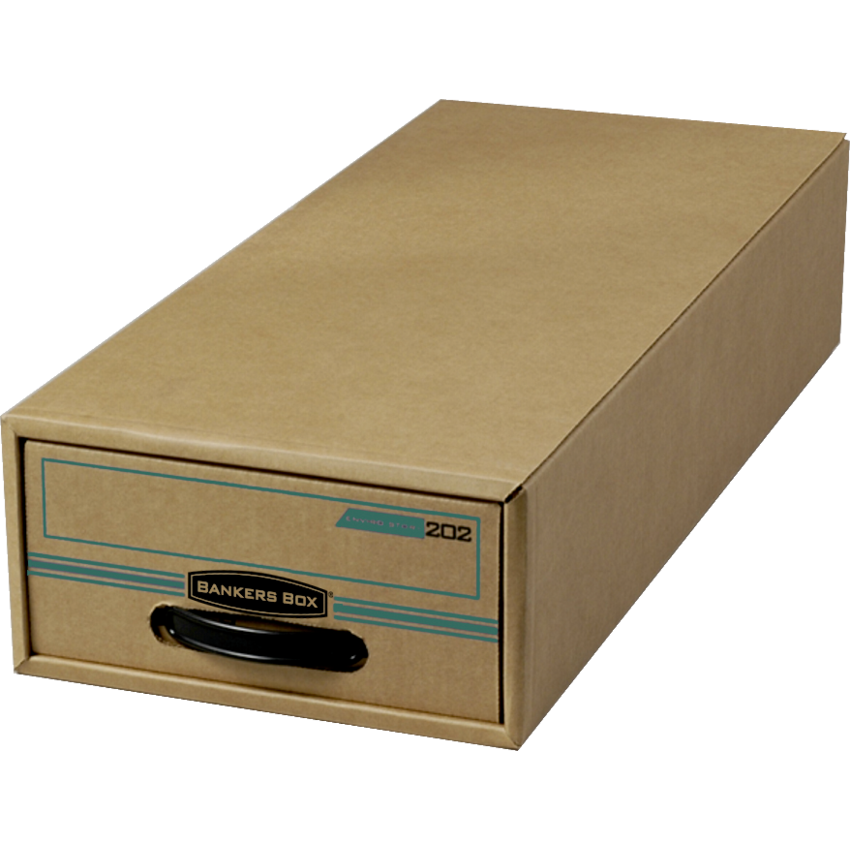
Bankers Box® Stor/Drawer® Storage Drawer Cheque Monk Office
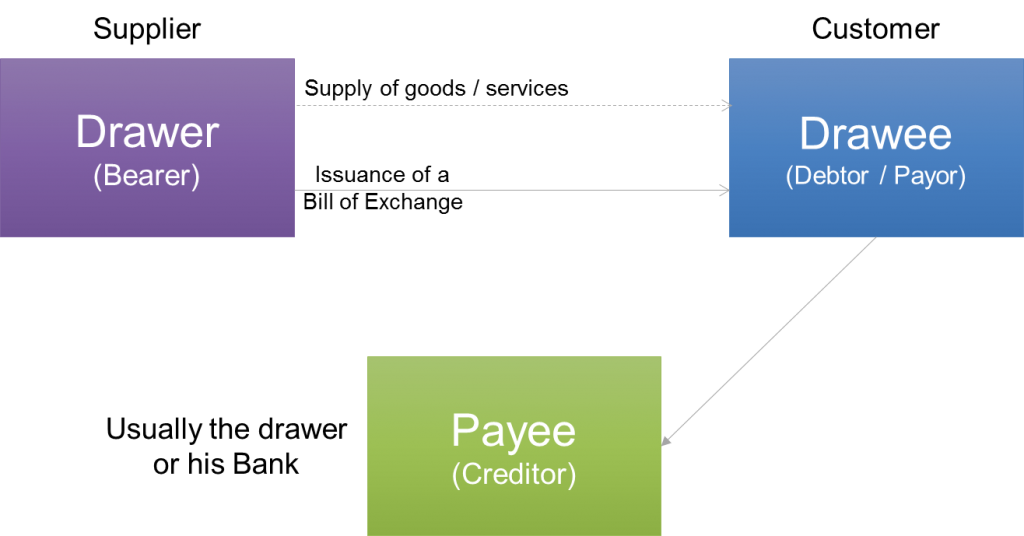
Bill of exchange Definition and parties involved Paiementor

Drawer Drawee & Payee Parties on Cheque Difference Between Drawer
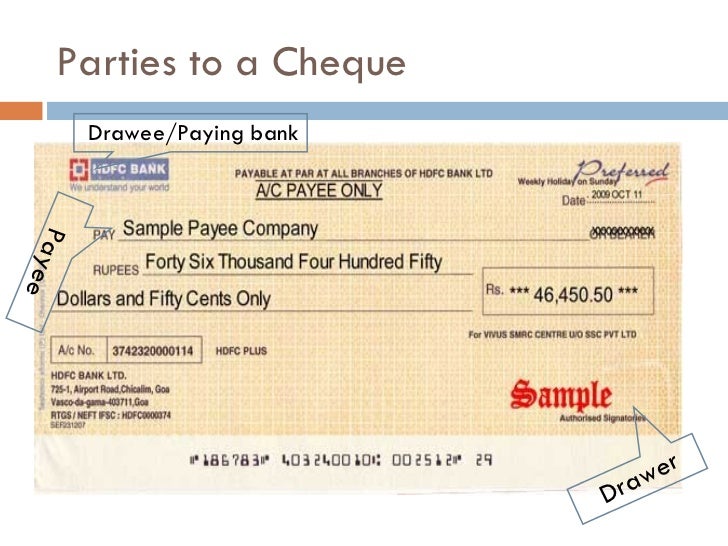
Lab combined group18
Web Amount Of Your Check:
A Bearer Cheque Is The Type Of Cheque That Allows The Person Bearing Or Carrying The Cheque To The Bank To Receive The Payment Specified On The Cheque.
These Include The Drawer And The Drawee.
In Most Cases, When A Check (Bill Of Exchange) Is Being Drawn, The Party Said To Be.
Related Post: